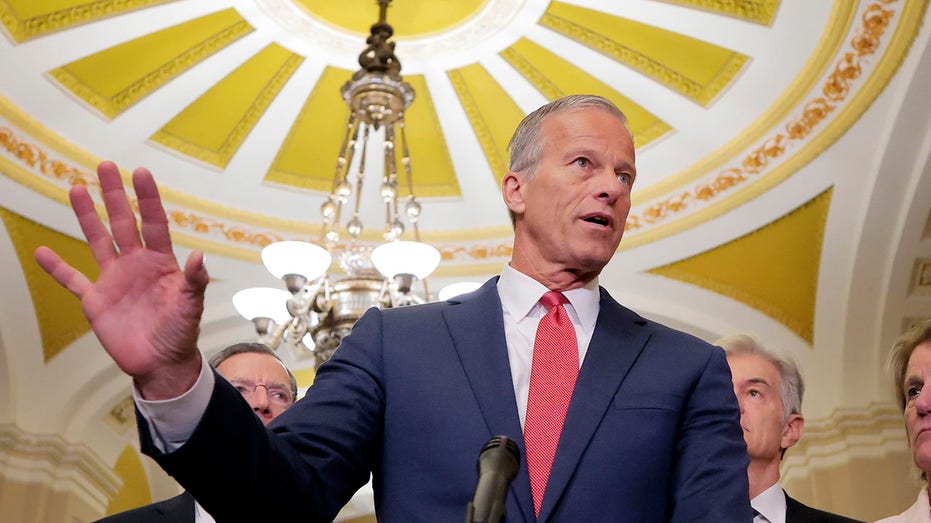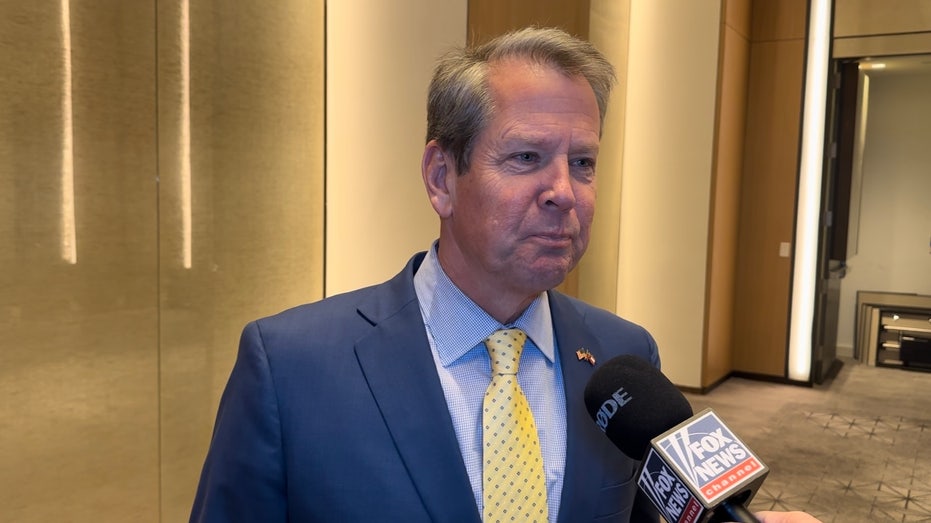How Sen. Mullin United House and Senate for Trump’s $3.3 Trillion Bill Victory

Sarah Johnson
July 24, 2025
Brief
Sen. Markwayne Mullin bridges House-Senate divide to pass Trump’s $3.3 trillion bill, overcoming mistrust and securing key compromises like SALT cap adjustments.
In a political landscape often defined by division, one Republican senator has emerged as the critical bridge between the House and Senate to push through President Donald Trump’s ambitious legislative agenda. Sen. Markwayne Mullin of Oklahoma, with his unique position of having served in both chambers, became the unsung hero in passing a massive $3.3 trillion tax cuts and spending package, a bill often referred to as Trump’s ‘big, beautiful bill.’
Mullin’s journey to becoming the de facto liaison between the two sides of the Capitol wasn’t one he initially sought. Yet, his decade-plus experience in Washington and personal ties with House colleagues made him the natural fit to navigate the deep mistrust that often exists between senators and representatives. As he put it, it’s like playing ‘shirts and skins’ with your own team—a vivid metaphor for the internal friction he worked tirelessly to overcome.
The challenges were immense. House Republicans were laser-focused on a single, comprehensive package, while their Senate counterparts favored breaking it into smaller pieces. Add to that disagreements over spending cuts, Medicaid changes, and the contentious State and Local Tax Deduction (SALT) cap, and you’ve got a recipe for gridlock. Mullin, however, shuttled between the chambers, ensuring that neither side overstepped in ways that would doom the bill under Senate rules like the Byrd rule—a procedural hurdle he had to explain repeatedly to his House peers.
From morning workouts to weekly House GOP conferences, Mullin was everywhere, listening as much as he spoke. His role wasn’t just about relaying messages; it was about translating priorities and ensuring compromises, like the temporary SALT cap increase to $40,000, could win over hesitant blue state Republicans. His evolving approach, inspired by Senate Majority Leader John Thune’s knack for listening, allowed him to uncover underlying frustrations often unrelated to the bill itself but critical to moving forward.
In the end, after six grueling months, Mullin’s persistence paid off. The budget reconciliation bill, a rare opportunity to enact sweeping change without Democratic input, passed with full Republican buy-in. It’s a testament to the power of relationships and pragmatism in a town too often paralyzed by partisanship. As Mullin’s story shows, sometimes the biggest victories are won not on the floor, but in the quiet, relentless work of building trust.
Topics
Editor's Comments
Watching Sen. Mullin play diplomatic ping-pong between House and Senate is like seeing a referee in a wrestling match—except the wrestlers are all on the same team! Honestly, if bridging a 100-yard gap at the Capitol were an Olympic sport, Mullin would take gold. But let’s not forget, while he’s smoothing over SALT cap debates, some lawmakers are salting their wounds over personal grudges. Maybe we need a ‘Capitol Therapy Bill’ next?
Like this article? Share it with your friends!
If you find this article interesting, feel free to share it with your friends!
Thank you for your support! Sharing is the greatest encouragement for us.






